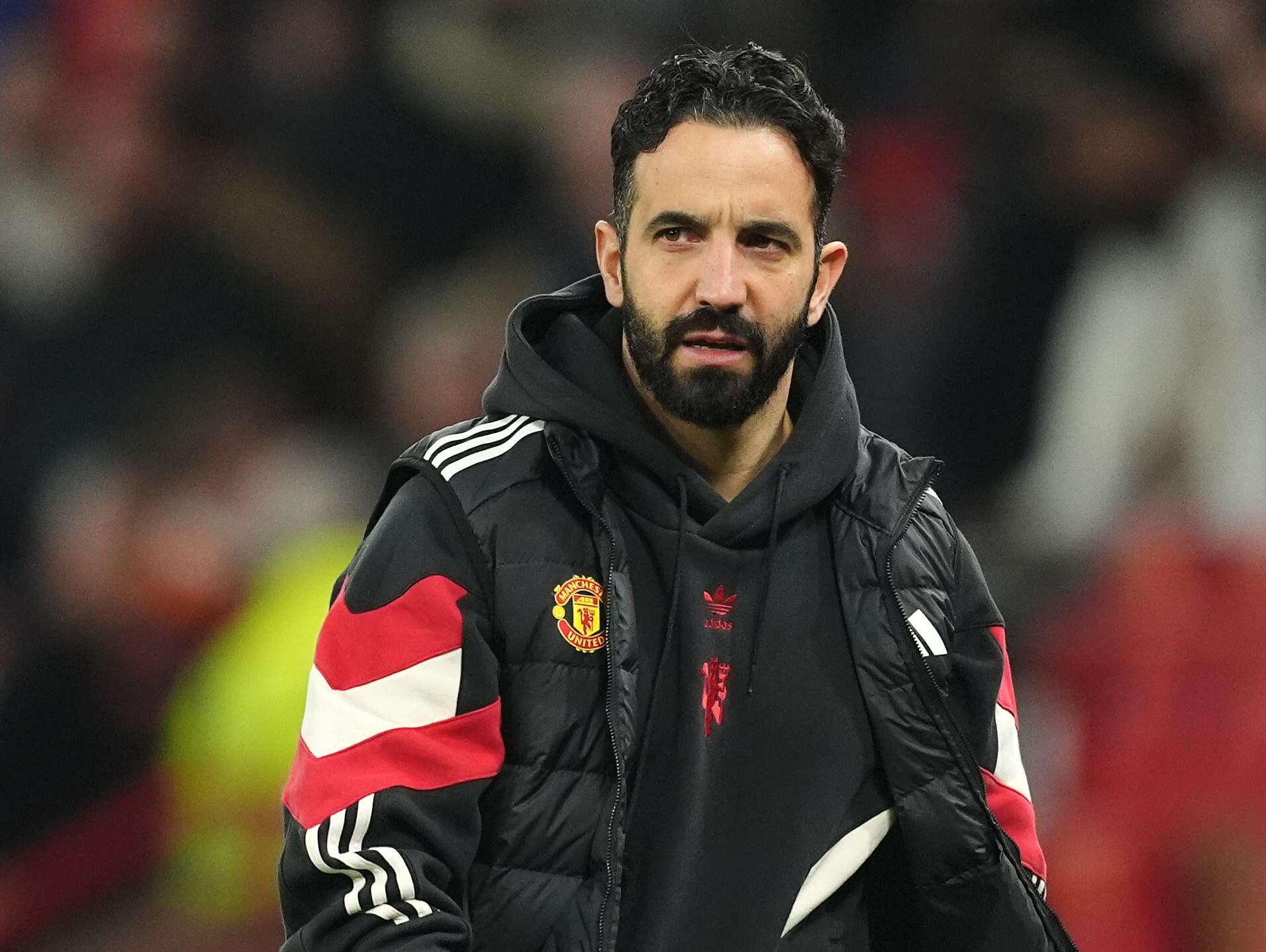Zero tolerance for zero tolerance
Champions magazine editor Paul Simpson has a few questions...
Life is full of questions. Why do so many offers on TV ads not apply to people in Northern Ireland â and what does it do to the Northern Irish psyche to be continuously taunted by promotions for bargains they canâÂÂt take advantage of?
Why have 10 clubs in the Bundesliga, a league once deemed a paragon of strategic, long term thinking, either changed or said they will change their coach this season?
And when Sepp Blatter says he has a zero tolerance policy on corruption, does that mean the FIFA president intends to do anything about it?
I must admit I have zero tolerance for zero tolerance policies. They smack too much of Jerry SeinfeldâÂÂs gag âÂÂI'm lactose intolerant â I have no patience for lactoseâÂÂ. The original zero tolerance policy, devised to fight crime in New Jersey by cracking down even on such minor misdemeanours as breaking windows, did succeed â but primarily because, studies later suggested, an economic boom meant there was less poverty and fewer unemployed.
What the idea of zero tolerance did very well â and yes, this does have something to do with Blatter, FIFA and football â was give citizens the false impression that this policy had cut crime dramatically. And is that the real beauty of FIFAâÂÂs zero tolerance policy on corruption? The mere fact that such a policy exists makes those of us who are too stupid, busy or disinterested to give the matter much thought believe something is being done.
And something is being done. Kind of. Two executive committee members were suspended after allegations they had sold their votes for the 2018 and 2022 World Cups. But just before the controversial award of those tournaments, Blatter warned FIFAâÂÂs executive committee about the âÂÂevils of the mediaâ â a barely veiled allusion to PanoramaâÂÂs latest salvo at FIFA.
Get FourFourTwo Newsletter
The best features, fun and footballing quizzes, straight to your inbox every week.
"Oi! Panorama! Shush!"
This sounded as if Sepp had devised his own variation on New LabourâÂÂs law enforcement policy. Instead of "tough on crime and tough on the causes of crime", Blatter was being tough on corruption and tough on those who had the gall to expose it. As defence mechanisms go, âÂÂshoot the messengerâ is hardly innovative or new â it was first alluded to by Shakespeare in 1598 â but it is still surprisingly effective in certain circles.
THE COMMERCIAL LIE
All this sits rather oddly with Jerome ValckeâÂÂs elevation as FIFAâÂÂs general secretary. Valcke was criticised by a New York court for arranging a sponsorship deal with VISA which was deemed invalid because it broke a prior agreement to give Mastercard the first shot at sponsoring the 2010 and 2014 World Cups.
Valcke has called this affair the âÂÂbiggest mistake of my lifeâÂÂ. He especially regrets his remark in court that âÂÂIn business you donâÂÂt always say the truth and you could describe that as a commercial lie.â His ruminations on the concept of a âÂÂcommercial lieâ slightly undermined his pitch when, as fury raged over the outcome of the 2018 and 2022 World Cup bids, he assured a sceptical media the whole process had been fair and honest.
Blatter and Valcke: "He's behind youâ¦"
One of the great advantages of a zero tolerance policy is that you donâÂÂt have to do a lot with it. By saying âÂÂI have no tolerance for thisâ you give people the impression you are taking action even if youâÂÂre not. Blatter is the undisputed master of this technique. When a referee misses a blatant goal in a crucial World Cup match, Blatter is very good at nodding thoughtfully and saying that, yes, this is an issue that must be looked into and perhaps it is time to re-open the debate about goalline technology and conduct some tests.
Blatter knows full well that a media afflicted with professional attention deficit disorder will soon find another cause celebre and the whole vexed question of technological aids for referees (who are increasingly, as The Guardian amusingly noted, being sent on to the pitch to be humiliated like contestants in a particularly cruel Japanese game show) can be kept in abeyance.
THE BLATTER PRECEDENT
One day all dictators will behave like Sepp Blatter. This is not to suggest that the FIFA president is a dictator (he has had to confront one serious leadership challenge and now faces a semi-serious one) but that his shtick â the slightly inept avuncular globetrotter â would be the perfect mask behind which a despot could conceal their dark heart. His longevity has raised the intriguing prospect of a new brand of dictator â letâÂÂs call it Dictator Lite â much better suited to an internet-savvy, telegenic age than the old bad, mad and proud school of tyrant.
Blatter takes the world from predecessor Havelange
You may be wondering how we got to this point. I blame Sir Stanley Rous. His acquiescence to the idea that South AfricaâÂÂs apartheid regime could field an all-white team in the 1966 World Cup and an all-black team in the 1970 prompted 16 African countries to boycott the 1966 tournament and led, in 1974, to his defeat by Joao Havelange in FIFAâÂÂs presidential election.
So RousâÂÂs moral blindness begat Havelange who, after 24 years, begat Blatter whose qualifications for the job included a stint as the president of the World Society Of The Friends Of Suspenders, an organisation dedicated to persuading women not to stop wearing suspenders.
The question now is who will Blatter begat? Mohammed Bin Hammam in 2011 or Michel Platini in 2015?
